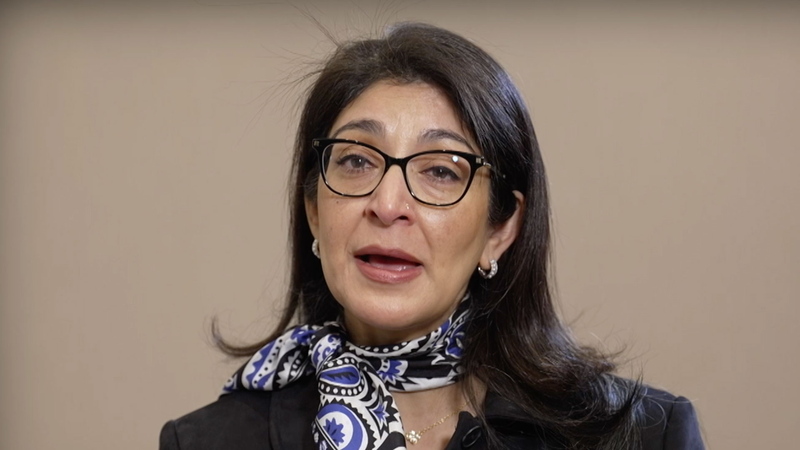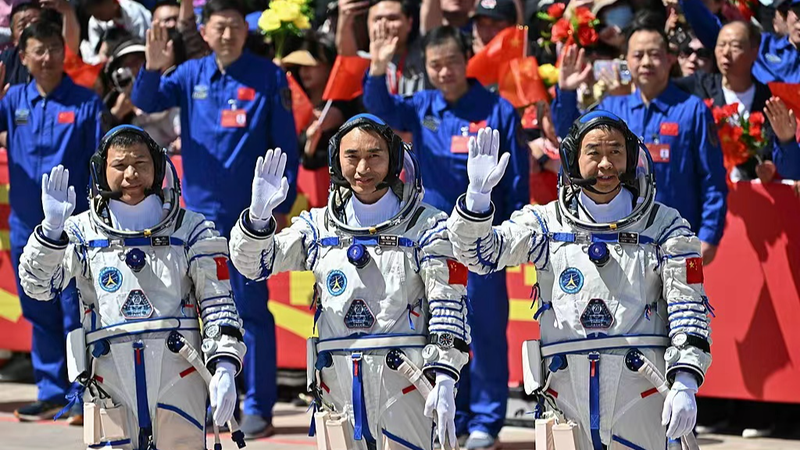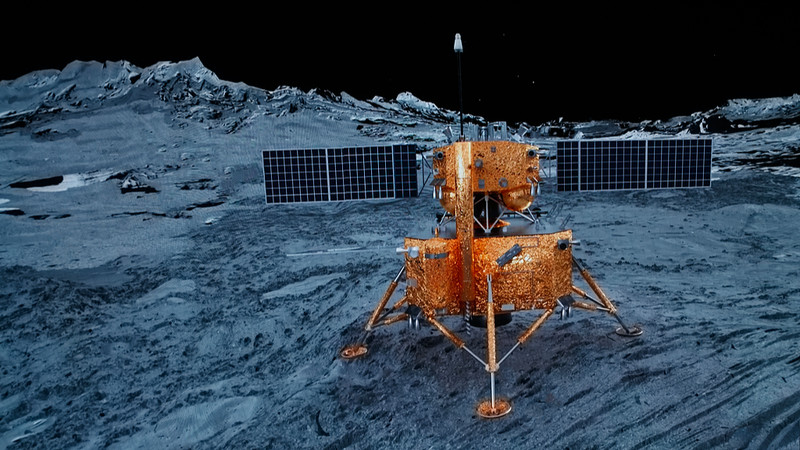Space exploration once seemed like a race between a handful of superpowers. Today, the situation is changing. Aarti Holla-Maini of the United Nations Office for Outer Space Affairs (UNOOSA) believes the future belongs to partnerships that span continents and capabilities.
Expanding access to space is about more than launching rockets. By collaborating, spacefaring nations and developing countries can share knowledge, pool resources, and accelerate innovation. Whether it's satellite data to monitor climate change or joint research on new propulsion systems, each party brings unique strengths to the table.
These alliances also help bridge global disparities. Nations with established space programs can mentor emerging players, while developing countries contribute fresh perspectives and local expertise. The result? A more inclusive, equitable approach to exploring the final frontier.
As UNOOSA's Aarti Holla-Maini emphasizes, combining forces isn't just about efficiency—it's a way to ensure all of humanity can benefit from the insights and technologies born in orbit. "When we reach for the stars together," she argues, "we learn more, faster, and leave no one behind."
In a world facing urgent challenges—from climate risks to resource shortages—space collaboration offers a powerful model for global cooperation. The invitation is open: by working together, we can make space exploration a truly shared journey.
Reference(s):
Expert: Spacefaring countries have a lot to gain from collaboration
cgtn.com




